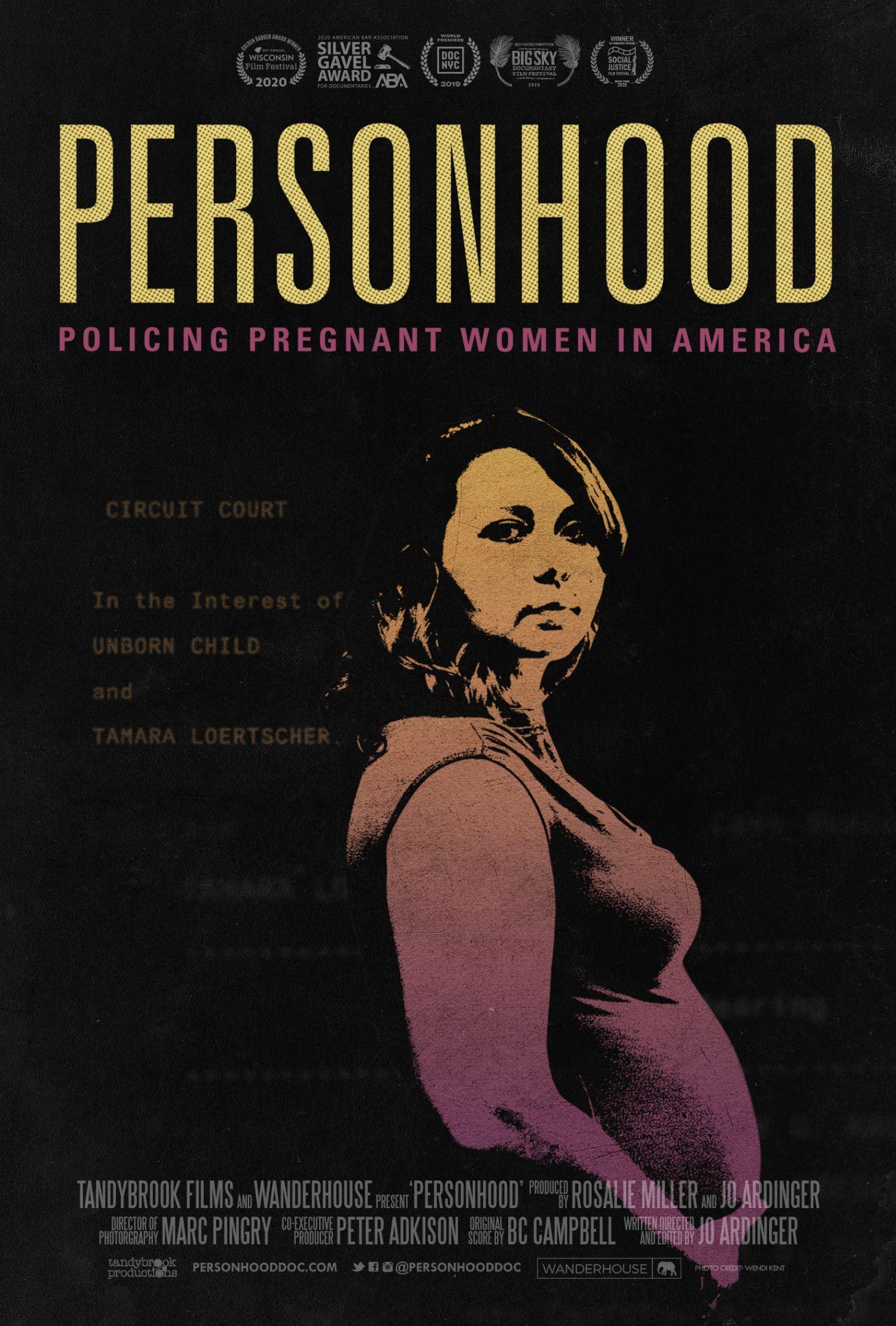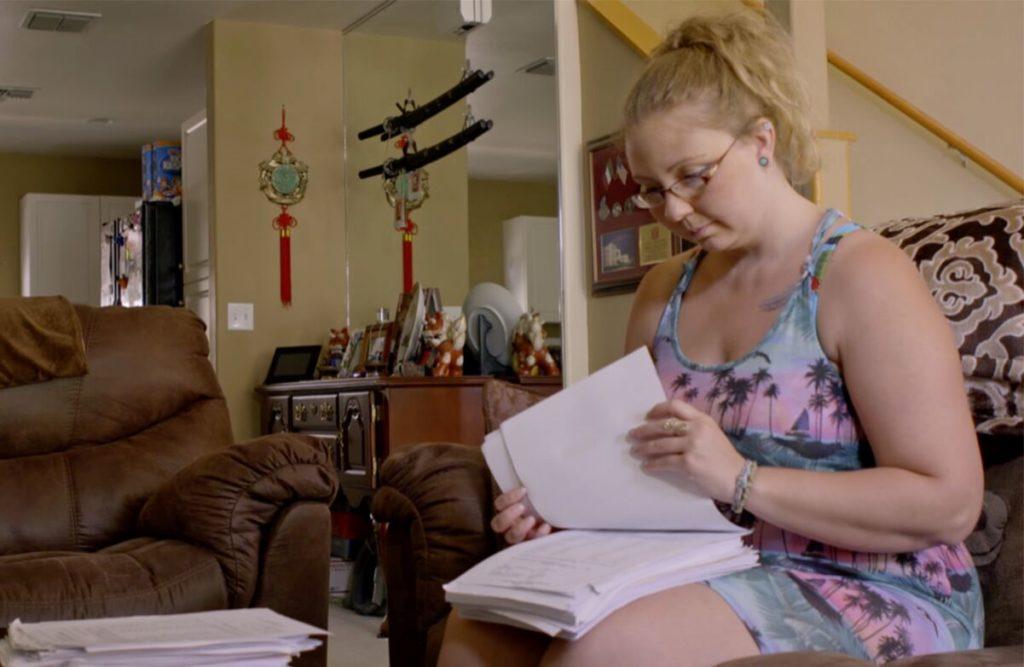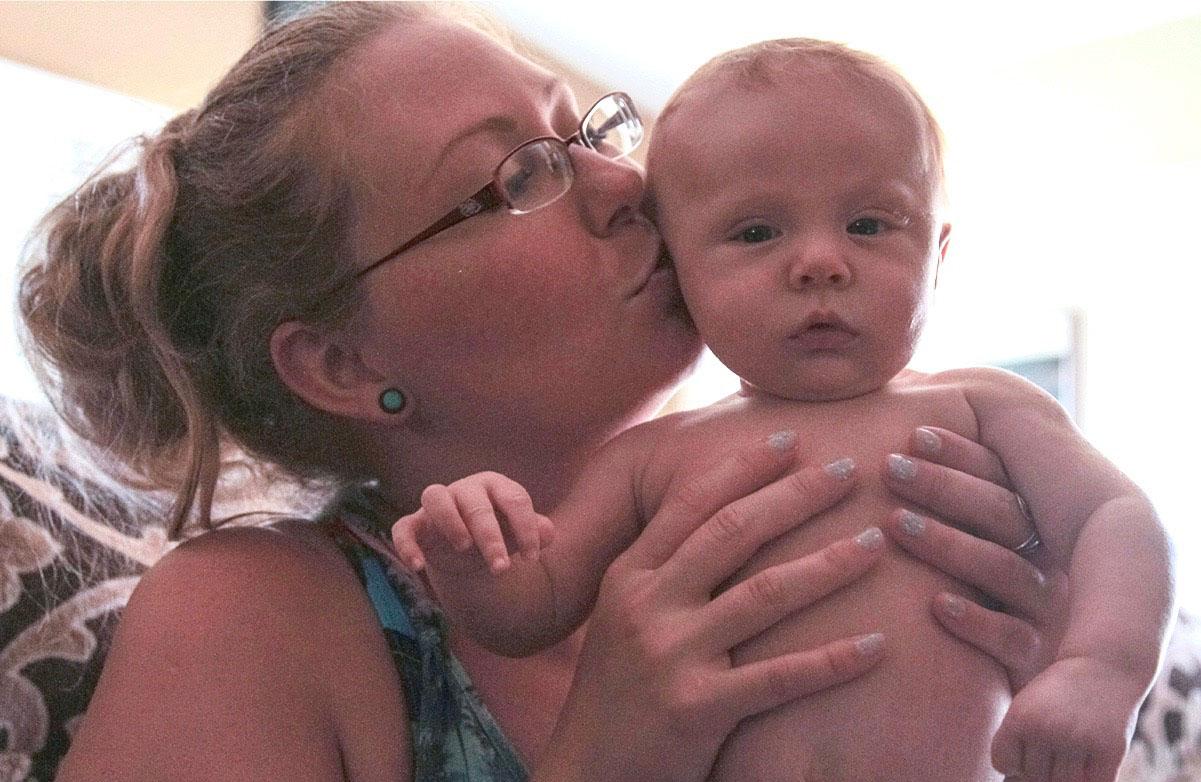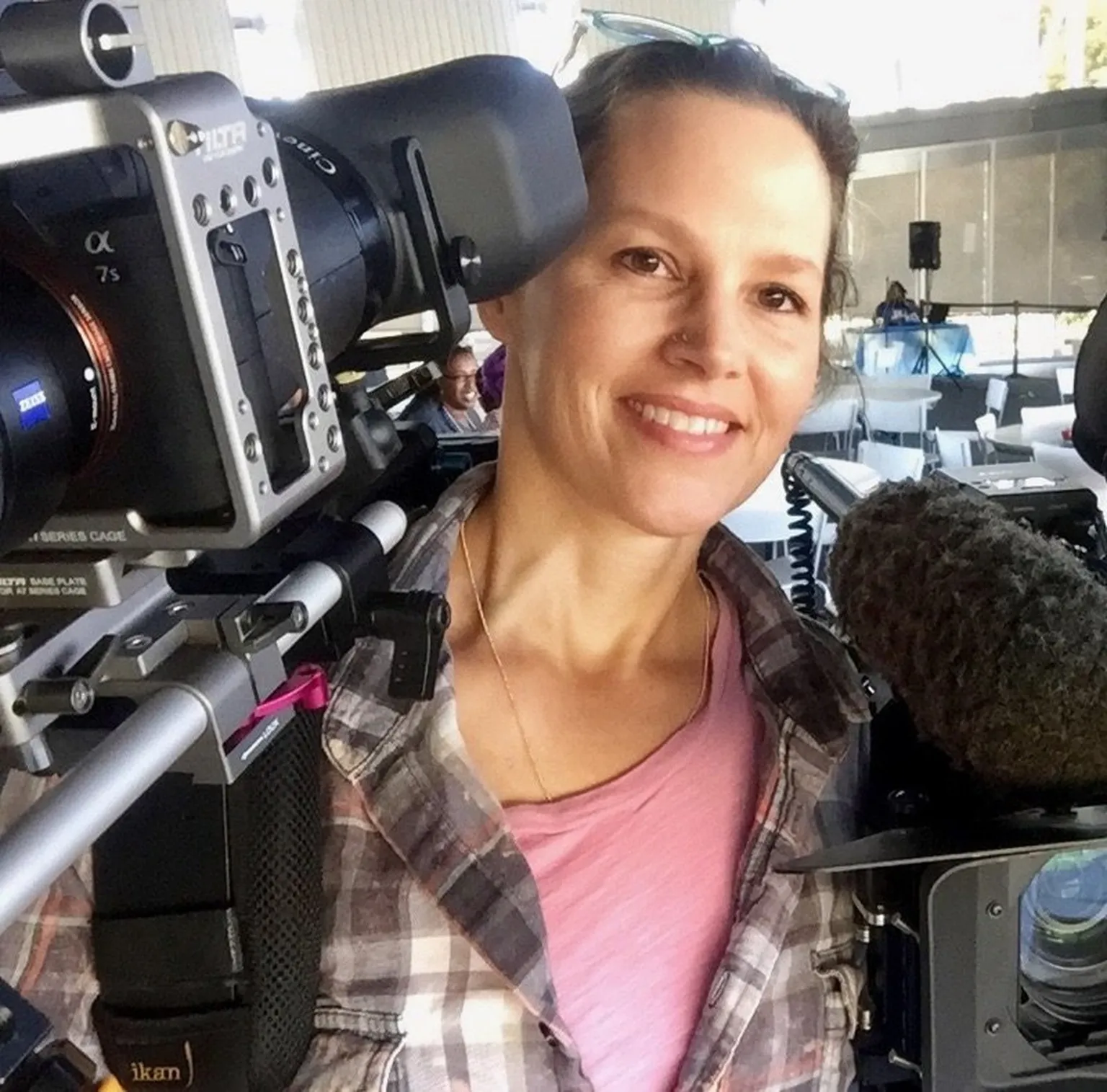New Legislation Proves Docu Film ‘Personhood’ Still Rings True: As Embryos Gain Rights, Pregnant People Are Jailed


I was an organizer for Planned Parenthood in North Carolina for several years. I’ve seen every iteration of reproductive health advocates avoiding talking about abortion, calling it a “last resort,” or a “difficult decision,” and euphemizing it into “abortion care.” I’ve even been guilty of saying such euphemisms while advocating for access to all forms of reproductive care. I’ve told people, “you don’t have to believe in abortion, but if you don’t support abortion, you should at least support birth control.” Abortion, however, has been the core issue.
So, I was taken aback to, in the film Personhood, hear Lynn Paltrow, Executive Director of what was then called National Advocates for Pregnant Women, now Pregnancy Justice, an organization fighting for the rights and dignity of pregnant people, declare that personhood laws, lobbied for by the pro-choice movement, aren’t always about abortion. The Personhood movement, the movement to provide the same rights to an unborn fetus as a person living and breathing under the Fourteenth Amendment, also affects those who are not considering abortion, the film shows. Shifting from the binaries of pro or anti-abortion, opens a whole different can of worms.
The Personhood screening and Q&A was the first of three films in the State Abortion Access Network (SAAN) film series online over Zoom. SAAN uses filmmaking to educate viewers on the idiosyncrasies of anti-abortion laws. The films explore policing and criminalizing pregnancy, access to abortion pills, the necessity of abortion in life-threatening emergencies, and how anti-abortion laws dehumanize pregnant people. “We believe through artwork and filmmaking, communities and individuals have the chance to learn from other people’s experiences and perspectives to build a more empathetic society,” says Ashley Bordas, Senior Manager of Fundraising at SAAN.
Importantly, the film emphasizes how personhood could affect more people than we can imagine. In 2014, Tammy Loertscher, a Wisconsin resident, found herself unemployed, she didn’t qualify for Medicaid and couldn’t afford the medication to treat her hyperactive thyroid, which led to depression. She turned to drug use to cope.
Then she found out she was pregnant.
She disclosed her prior drug use to a medical provider. But because Wisconsin has a law called the Unborn Child Protection Act, known colloquially as the “Cocaine Mom Act,” hospital staff believed they needed to detain Tammy until the authorities came. The state then took her unborn fetus into custody and held Tammy in jail for eighteen days.

“My decision to tell the doctors about my drug use was solely so that if I did anything wrong and they could give me something that would help my baby because of what I had done, I had no hesitation, because he was the only thing I was thinking about,” says Tammy in the film.
I spoke with Jo Ardinger, director and producer of Personhood in an interview.
“There should be no way to stuff two sets of constitutional rights in one body. That should really shock everyone,” Ardinger told me.
The film continues to explore ways language and nomenclature affect the lives of pregnant people. Ardinger stitched news coverage of other women in states like Colorado and Indiana alongside Tammy’s story. The coverage is foreboding. Newscasters speak over women in handcuffs saying, “She claimed she was given a Cesearan Section against her will…” “given birth to a drug addicted baby,” “…Shuai spent more than one year behind bars as her legal team…” These news clips of women arrested for refusing C-sections or giving birth to children while using drugs can make the viewer’s stomach drop.

The Personhood Movement uses personhood laws to deliver their ultimate goal, a complete abortion ban in the United States. An effective tactic is shifting the language from women and birthing people to “hosts,” and fertilized embryos to “unborn children.” If the “host” does anything to harm this “unborn child,” they can be treated like dirt, thrown into jail, and it is irrelevant if they live or die.
“We’re separating women from the pregnancies that they have as if, you know, I don’t know, I guess we’re just the shell that holds the baby.” Cherisse Scott, Founder and Executive Director of SisterReach, a reproductive justice organization based in Memphis with a focus on faith-based advocacy, says in the film.

As an abortion advocate, I cannot have a conversation about personhood without talking about abortion. So I asked Ardinger in an interview about Paltrow mentioning her clients’ who were anti-abortion, and why it was necessary to include that view.
“I think the most critical thing we wanted to get across is that it doesn’t matter if you believe in abortion or if you are against abortion, any pregnant person can be swept up in these laws,” Ardinger emphasized, saying the last half of the sentence like it was in italics. “These stories also happen to people who identify as anti-choice.”
I understand it better now. The film is trying to show that all people who could get pregnant—regardless of ideology around abortion—can be criminalized if we live in a state with a personhood law. Our fetuses are people; we are not.
Just this year, states Georgia, Idaho, Indiana, Kentucky, North Dakota, Oklahoma, South Carolina and Texas filed personhood laws with the intent of charging people with homicide if they get an abortion. So, although Personhood was released in 2019, the issues it raises are still very current. SAAN hosted the screening in a webinar over Zoom, and concluded with a panel of speakers including director and producer Ardinger, Farah Diaz-Tello, the Senior Counsel of If/When/How, an organization connecting legal services to people experiencing reproductive criminalisation, Cherisse Scott, Founder & CEO of SisterReach and moderated by Jan Mercer Dahms, Managing Director of SAAN.
The panel participants reinforced the film’s focus on the effects of personhood laws that move beyond personal beliefs about abortion. Using language like “pro-choice” or “anti-choice,” or even “anti-abortion” oversimplifies the scope of laws outlawing abortion. These laws affect everyone because they intend to criminalize and dehumanize.
On the panel, Scott of SisterReach explains all the implications of personhood laws. She links Tammy’s story with the countless other stories she hears in Tennessee. The state criminalizes people for drug use instead of offering treatment with dignity. This includes access to their families, children, and medical providers. Scott explains that in Tennessee, there are not enough resources for people with substance use disorder, which leads to criminalization.
“We’re not dealing with this issue like it’s a health issue; we’re still dealing with this issue like this is some type of self-determination to stay high. That’s not fair, that’s not real,” Scott says about substance use disorder programming in Tennessee.
For Scott, language when talking about people, pregnant people must be used with care. That’s why she says “substance use disorder” and not “drug abuse.” Scott even encourages us to move beyond the binaries of pro-choice and anti-choice, pro-abortion and anti-abortion, just like my ears perked up at the beginning of the film, because it’s not about our political or ideological position, it’s about the humanity of people who parent or don’t want to parent.
“People [anti-abortion advocates] aren’t interested in using different languages because then they would have to humanize people,” Scott said on the panel. “They would have to change their [political] position and turn away from their venom and hatred.”
SAAN will be screening Plan C, about the fight for access for abortion pills on September 16 and Zuraski v. Texas, about women who were denied abortions when their lives depended on them, on October 23. You can sign up to view these films at this site: https://givebutter.com/SAAN.
What's Your Reaction?
Emma Akpan is an arts and culture writer in Washington, DC. She is interested in the intersections of religion, reproductive justice, race, and art and writes about the many expressions of Black culture. Her writing has appeared in Reckon Magazine, Play Kord’s Backstage, New City Art amongst other publications.

